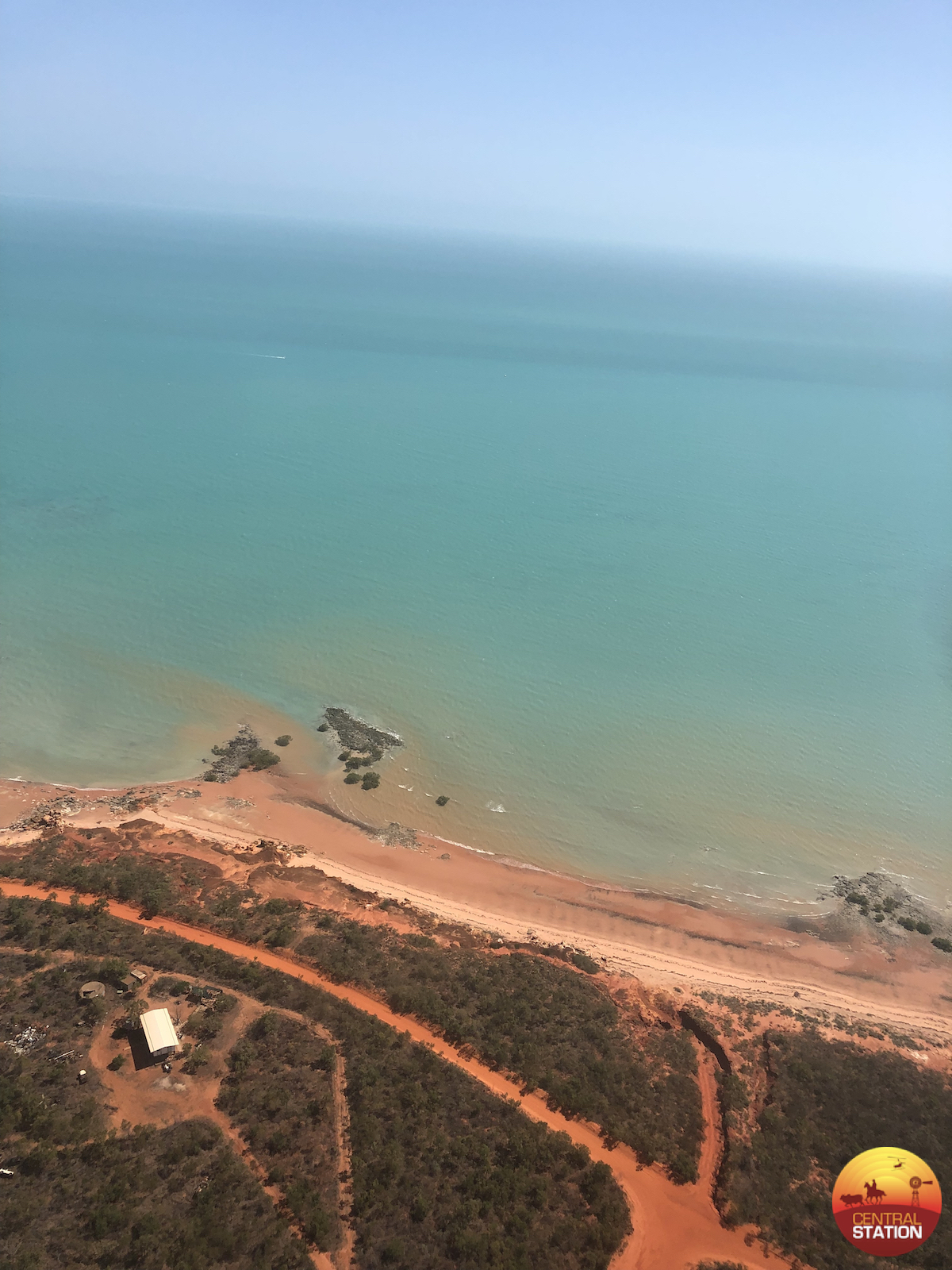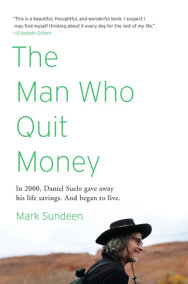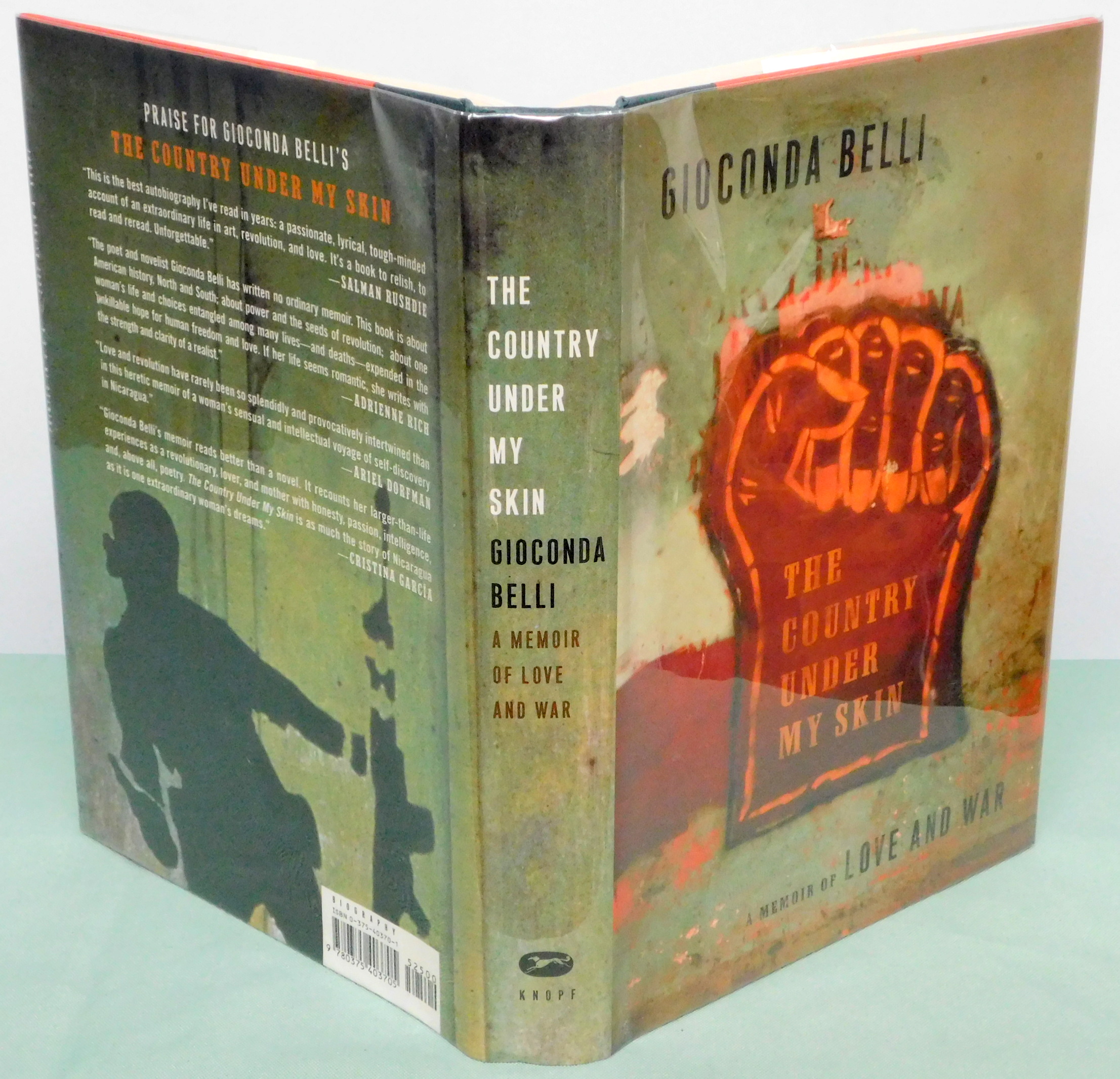| by Gioconda Belli
▼Members
▼Tags ▼LibraryThing Recommendations None Sign up for LibraryThing to find out whether you'll like this book. No current Talk conversations about this book. English (12)Spanish (3) Dutch (2) Italian (1) All languages (18) Showing 1-5 of 12 (next | show all)Ik hou eigenlijk echt niet van biografieën, en ook deze van Belli kon me niet echt bekoren. Toch is haar leven als moeder, vrijheidsstrijdster en dichter meer dan een biografie waard, dus daar gaat het niet om. Ook is het ontzettend duidelijk dat Belli over een fantastisch schrijfvermogen beschikt. Zelfs in een droge opsomming van gebeurtenissen, namen en data, weet ze geweldige zinsneden te plaatsen en de lezer ervan te overtuigen hoe prachtig Nicaragua moet zijn (de vertaler daarentegen slaagt erin om op één pagina twee dt-fouten te maken en meer...). Het is een heel open en eerlijk verhaal van een sterke feministe die in de meest moeilijke omstandigheden toch altijd haar overtuigingen en dromen trouw is gebleven. Inspirerend dus, maar niet zo boeiend voor mij door de biografie-vorm. ( ) bbbart | Dec 27, 2020 | From the book jacket: An electrifying memoir from the acclaimed Nicaraguan writer … and central figure in the Sandinista revolution. Until her early twenties, Belli inhabited an upper-class cocoon: sheltered from the poverty in Managua in a world of country clubs and debutante balls; educated abroad; early marriage and motherhood. But in 1970, everything changed. Her growing dissatisfaction with domestic life, and a blossoming awareness of the social inequities in Nicaragua, led her to join the Sandinistas, then a burgeoning but still hidden organization. She would be involved with them over the next twenty years at the highest, and often most dangerous levels. My Reactions Belli is a good writer and her story-telling is top notch. I was fascinated and intrigued, and I learned something about the revolution in Nicaragua. But … I could not put aside my distaste for the way Belli acted. She seemed so immature in the way she jumped from bed to bed, and how she left her children for “the cause” (or – it seemed to me at times – for the Man behind the cause). She seemed in love with “love” or addicted to the high of passionate emotions. I wondered if she had no impulse control at all. And yet … she was a strong woman with steadfast opinions and a willingness to risk all for the good of her country. In the end I couldn’t reconcile my admiration for her as a writer with my dislike of her as a person. So I’m conflicted, and am taking the middle road with 3 stars. ( ) BookConcierge | Apr 17, 2016 | 'What was it that enabled people to give their lives for an idea, for the freedom of others?', 2 June 2015 This review is from: The Country Under My Skin: A Memoir of Love and War (Paperback) The Sandinistas and the Contras were just words to me, and I wondered whether this autobiography of a woman who became a Nicaraguan revolutionary would be readable. Well, it certainly is: the author's account of her fascinating life - from privileged daughter of a well-to-do family to an increasing awareness of the horrors of the Somoza regime. As she becomes a member of the illegal Sandinistas, she tells of the passionate commitment to the cause, that ended up taking her away from her children for long spells. Of the friendships and love affairs with her colleagues, and the tragedies of the endless deaths and tortures at the hands of the regime. As the Sandinistas finally gain victory, Belli writes movingly: 'Overcome with joy, we fell into one another's arms...I don't know who began crying first...but suddenly the tiny apartment was filled with wails and sobs. Alfredo and I looked in each other's eyes, remembering the dinners in Mazatlan with Marcos.I saw Ricardo in the inky twilight at the Poet's house, Pin and his thick eyeglasses, Arnoldo's smile as he left my house, Camilo talking to me about Woodstock...' But life in Nicaragua remains difficult as the USA supports the expelled Somoza regime, and the Sandinista leaders begin arguing among themselves and losing their revolutionary ideals. Very interesting and highly readable work. ( ) starbox | Jun 1, 2015 | Nowadays, Giaconda Belli is considered one of the most important writers in Latin America, and her biography is extremely interesting because it has shaped the dramatic story of her homeland, Nicaragua. The book starts when she joins the guerrilla movement and relates her participation in the political and revolutionary movement of Nicaragua during the seventies and eighties; but she tells us not only the story of her political persona but also the story of herself as a woman–her life as a mother, lover, daughter, wife, and sister.--Valeria Molteni BPLG | Jan 27, 2015 | This is an intriguing memoir of a woman born into the Nicaraguan upper class, whose experiences and insights cause her to join the Sandinista revolution, work in the Ortega administration, marry an American reporter from NPR and move to Santa Monica, California. What a fascinating life and what multiple perspectives she develops through these experiences. I have recently read memoirs of other women revolutionaries from Cuba and Russia among others, and have developed more of a knowledge base for making some comparisons. Some of the similarities that I am seeing are struggles with feminist issues, free speech issues, and individual vs. collective rights issues. Belli is respected for her participation in the revolution early on, as she performs such varied actions as writing poetry, publishing magazines and newspapers, and transporting arms, ALL of which put her life at risk. As the revolution succeeds and the Sandinistas come into power, their attempted treatment of women as equals begins to fail. Belli seems to think this is due to the difficulty of ridding themselves of lifelong habits and beliefs about gender differences. It seems that men carry the largest part of the burden of this imbalance of power between genders in their culture, but women are also responsible for falling for some of these old beliefs and giving in to being taken care of. Belli addresses the difficulty of even developing awareness of our socialized gender ideas, never mind trying to overcome them. It is one of the more insightful analyses about gender I have read and Belli shares her own weaknesses in this arena also. Additionally the common difficulty with addressing individual rights versus the needs of the collective are seen in this memoir. Surely this is an existential issue that most humans experience. Belli's descriptions of her own experience are very touching. Specifically when she moves to a suburban area in the U.S. from Nicaragua city life, she experiences a deep, almost overwhelming loneliness that goes beyond the experience of moving from one country to another. Her description of this alone is worth the read. It is intriguing to read her comparison of conversations at parties in the U.S. with those in Nicaragua, especially with women in the suburbs who live a more sheltered life. Do the topics of conversation bring us closer or keep us at a distance? Of course this experience of Belli's could have been different and she could have made it different with her own search and exploration, but I know many women in the U.S. suburbs who struggle with this issue. With the quiet, empty streets and houses, you have to put in a lot of effort to make things different. Don't know if I would know how to do that in a foreign culture and geography. Another by-product of imbalance between individualism and collectivism seems to be some loss of creativity. Although I must say that in Cuba, the embargo and other causes of shortages in many areas seem to have resulted in a lot of creativity. If I understand Belli correctly, as well as my previous reading about the Cuban revolution, Belli seems shocked to find herself thinking that one of the mistakes made by the Ortega administration was too much freedom of speech, specifically freedom of press. She seems to think that Castro was perhaps more effective in his stronger control of the media, believing after the fact that this may be necessary for a new young government initially. I loved that the first thing both the Cuban and Nicaraguan revolutionary governments did was to focus on raising the literacy rates in their countries, because of their belief that an educated population was necessary. This is interesting and timely reading for me as a U.S. citizen watching the effects of Wikileaks, Edward Snowden, and Chelsea Manning. As the news continues to break of illegal U.S. government activity such as illegal war, bombing, imprisonment and torturing, how many U.S. citizens know about it, believe it, understand it, or attempt to learn more? My husband and I went to see the new Wikileaks movie The Fifth Estate on the day it opened. We were the only two people there, in this suburb of the capitol of California. I realize there can be many reasons for that and there are many differing opinions about Assange's actions and whether this movie is factual or not, but was still surprised at the lack of interest. But that's a different review. I have noticed that other reviewers perceive Belli as narcissistic, grandiose and neglectful of her children. I have to say - nothing new there - studies show these tendencies are found in many if not most leaders and CEOs. Seems one would almost have to have ideas of grandiosity to think you might be able to pull off a revolution. Also, children of leaders often suffer from neglect and danger. I think here about the children of those who fought to free slaves in the U.S. and the children of U.S. civil rights leaders. The decision has to be made about whether your children will benefit most from remaining slaves or suffering the trauma of fighting for freedom. I have often thought about how my parenting might differ if instead of being white in the U.S., I was black. How would I tell my children to respond to being pulled over by police if I were a member of a group who experiences more police brutality. Watch the last scene of the movie Panther and tell me what you teach your children. There seems to me also to be an inordinate amount of sexism found when examining parenting by leaders. I don't often read criticism and accusations of family neglect by male leaders who spend their lives working. Although, I have heard those accusations about Gandhi. Undoubtedly Mandela's children felt abandoned while he was in prison. It is not a decision to be taken lightly or by those of little courage. One last topic I found interesting was reading about the three factions of the revolutionary party in Nicaragua and the difficulties of dealing with their differences and working together, which was the only way to succeed with a revolution it seems. This is especially interesting reading in the light of current occurrences in Egypt and other countries experiencing revolution today. So yes - a five star read for me. ( ) 2mkboylan | Oct 21, 2013 | Showing 1-5 of 12 (next | show all) ▼Published reviews ▼Common Knowledge
References to this work on external resources. Wikipedia in English (2)'A passionate, lyrical, tough-minded account of an extraordinary life in art, revolution, and love. It's a book to relish, to read and re-read. Unforgettable.' --Salmon Rushdie An electrifying memoir from the acclaimed Nicaraguan writer ('A wonderfully free and original talent'--Harold Pinter) and central figure in the Sandinista Revolution. Until her early twenties, Gioconda Belli inhabited an upper-class cocoon: sheltered from the poverty in Managua in a world of country clubs and debutante balls; educated abroad; early marriage and motherhood. But in 1970, everything changed. Her growing dissatisfaction with domestic life, and a blossoming awareness of the social inequities in Nicaragua, led her to join the Sandinistas, then a burgeoning but still hidden organization. She would be involved with them over the next twenty years at the highest, and often most dangerous, levels. Her memoir is both a revelatory insider's account of the Revolution and a vivid, intensely felt story about coming of age under extraordinary circumstances. Belli writes with both striking lyricism and candor about her personal and political lives: about her family, her children, the men in her life; about her poetry; about the dichotomies between her birth-right and the life she chose for herself; about the failures and triumphs of the Revolution; about her current life, divided between California (with her American husband and their children) and Nicaragua; and about her sustained and sustaining passion for her country and its people. No library descriptions found. ▼LibraryThing members' description
|
Audible(0 editions) Project Gutenberg(0 editions) Swap(2 have, 32 want) Popular coversRatingAverage:
| |||||||||||||||||||||||||||||||||||||||||||||||||||||||||||||||||||||
1 Gioconda Belli, The Country Under My Skin: A Memoir of Love and War (New York: Knopf, 2002), 114. 2 Victor Bulmer-Thomas, 'Nicaragua Since 1930', in Leslie. The Country Under My Skin: A Memoir of Love and War by Belli, Gioconda, Cordero, Kristina and a great selection of related books, art and collectibles available now at AbeBooks.com. This review is from: The Country Under My Skin: A Memoir of Love and War (Paperback) The Sandinistas and the Contras were just words to me, and I wondered whether this autobiography of a woman who became a Nicaraguan revolutionary would be readable. Well, it certainly is: the author's account of her fascinating life - from privileged daughter.


Gioconda Belli Poems
Download file to see previous pages Gioconda Belli from Nicaragua, Africa and Slavenka Drakulic from erstwhile Yugoslavia, Europe are contemporary women writers and social activists who had been active witness of totalitarianism regimes somewhat different in ideologies: Nicaragua had a right wing dynastic rule from 1936 till 1979 while Yugoslavia under left wing was under communists from 1946 till 1991. In this study, an analysis of observation of two writers regarding their role and experiences under dictatorship will be made keeping in context the book The Country under My Skin: A Memoir of Love written by Belli and How We Survived Communism and Even Laughed written by Drakulic. Gioconda Belli in her work narrates her experience as what it meant for her growing in an upper-class Nicaraguan family that was not approving of the Somoza totalitarianism, but never imagined that their daughter (roughly aged 20) would sign up with the secretive Sandinistas as she continue her day job at a celebrated public relations agency. Anastasio Somoza Garcia imposed a dynastic rule in Nicaragua in 1937. Belli had been a witness to masses of people celebrating end of 45-year dictatorship with the fall of Anastasio Somoza Debayle in 1979. Author Slavenka Drakulic in her book ‘How We Survived Communism and Even Laughed’ recollects that living under a communist rule was not at all a pleasant experience. Drakulic demonstrates how communism has misled its citizens, its mentors, and itself. As evidence, Drakulic cites that 45 years of communist rule in Yugoslavia fell short of producing suitable apartments or providing affordable telephone lines for its citizens, sanitary items for women, or dolls for growing kids (Drakulic 1, 6,99,31,56). Belli mourns how years of dictatorship in Nicaragua has deprived its people of basic necessities despite hard word: “Passing by the exclusive shops where a dining room table costs more than one person in Nicaragua earns in an entire lifetime of hard labor under the hot sun” (Belli 366). According to Drakulic, what unified lifestyle of ordinary people in communist countries in Eastern Europe was suffering: ‘the shortages’, ‘the distinctive odors’, ‘the shabby clothing’. Drakulic writes whether it was Yugoslavia, her home country, or Czechoslovakia, Poland, Hungary, or Bulgaria, all had all ‘long suffered’ under the ‘same ideology.’ These countries were under communist rule since the end of World War II (Drakulic XIV). Drakulic recounts how under communist regime they were brainwashed not to expect change. “That is how you are trained in this part of the world, not to believe that change is possible.” (Drakulic, xiii) Drakulic reminiscences they could not believe when they were first told that thousands of East Germans were crossing borders. Belli cites democracy as a system under which people can really forge their destinies. Sandinistas, under which Belli fought her campaign to restore democracy in Nicaragua, put forward a particular philosophy that was, according to author, a blend of ‘New Left socialism’, ‘cooperativism’, and ‘popular democracy.’ Somoza’s dynastic regime ended in 1979. Sandinistas never really implemented democracy in a way Belli perhaps had visualized for. Steps such as censor of press amidst alleged US interference led Belli to a comment that restore of a democracy after years of dictatorship cannot be compared with democracy practiced in US. According to Belli, still every day in Nicaragua, more than two hundred million people are trying to find meaning to their lives. Belli recognizes that any model of society must be based on absolute respect for individual freedom, that this alienable right is the foundation of the large and small joys of any people (Belli 44, 323, 368). Drakulic composes her work, looking back to June 1991, the month when provinces of Slovenia and Croatia declared their independence from the rest of
 ...Download file to see next pages
...Download file to see next pages
The Country Under My Skin Quotes
Read More